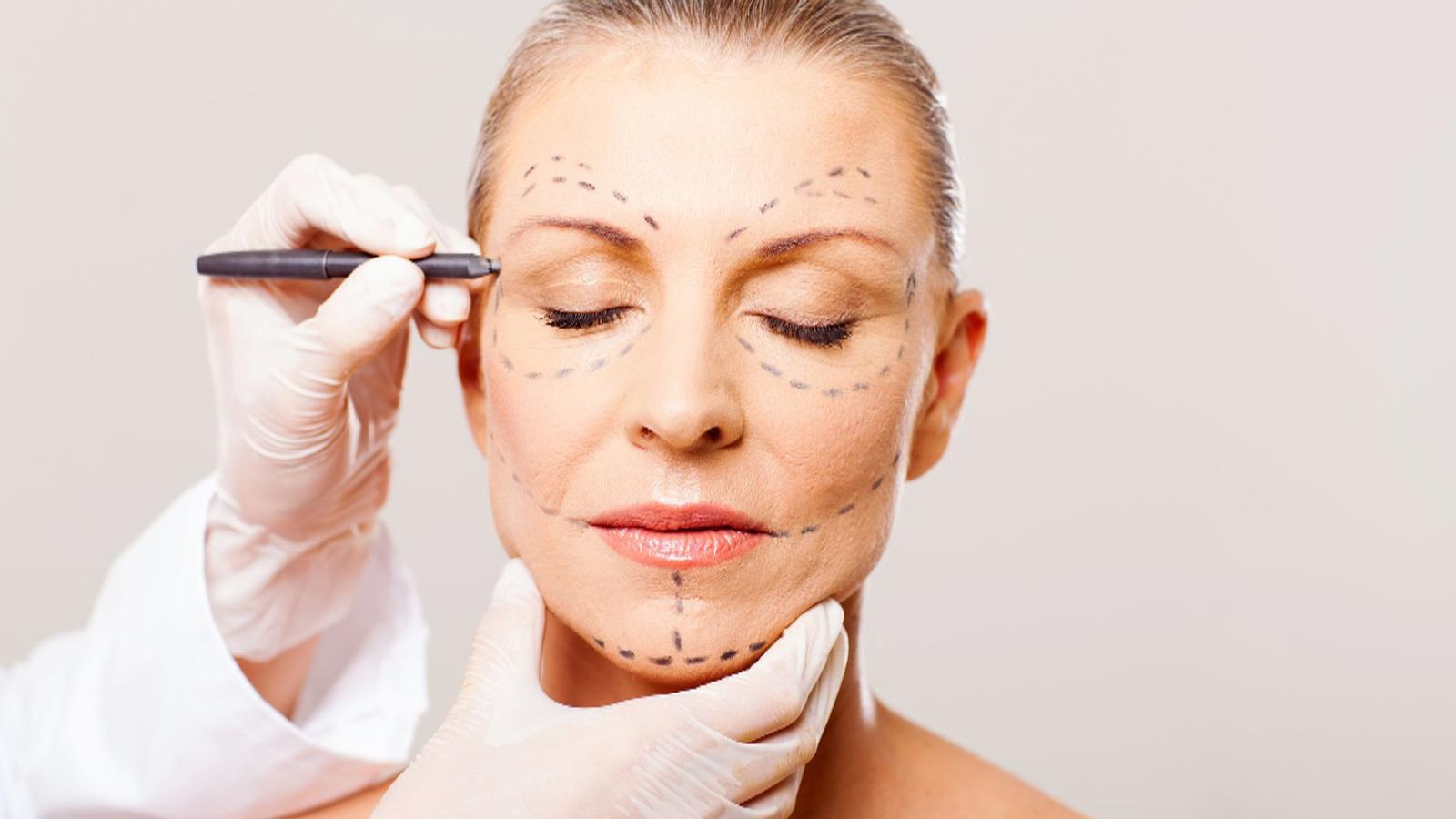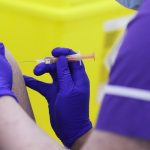Ads for cosmetic procedures will be banned from targeting under-18s next year, the regulator has announced.
The new rules mean companies will not be able to advertise procedures that are designed to change a person’s physical appearance – including breast augmentation, or reduction, “tummy tucks”, eyelid surgery, nose reshaping, or facelifts.
The ban also covers teeth whitening products, skin rejuvenation and injectable treatments, chemical peels, and dermal fillers.
From May next year, these adverts will not be allowed to appear around television programmes likely to appeal to under 18s, or in media aimed at young people, or with a large proportion of the age group among the audience.
Follow the Daily podcast on Apple Podcasts, Google Podcasts, Spotify, Spreaker
It follows a consultation in response to concerns about the potential harm to young people, caused by body image pressures and mental health issues, as well as the risks and complications of such procedures.
The Committee of Advertising Practice (CAP) said the evidence suggested negative body image perceptions are prevalent among young people and are having an impact on self-esteem, wellbeing, and mental health.
Defence secretary saves 500 troops from army cull, as new elite Ranger regiment is announced
Fuel campaigners demand inquiry and regulator over UK’s ‘rip-off pump prices’
Migrants deaths in Channel: 27 people die after migrant dinghy sinks off Calais – five women and girl among victims
CAP director Shahriar Coupal said: “Because of the inherent risks of cosmetic intervention procedures, and the potential appeal of these services to young people struggling with body confidence issues, it’s important we set the bar necessarily high in terms of marketing.
“The new rules will ensure ads can’t be targeted at under-18s and, where children and young people do see them, our strict content rules mean the ads can’t mislead or otherwise exploit the vulnerabilities of their audience.”
In 2018, adverts for breast enhancement surgery shown during reality show Love Island were banned for being “irresponsible and harmful”.
The British Association of Aesthetic Plastic Surgeons has been calling for a ban on the advertising of cosmetic surgery companies in public places since 2012 – a campaign that was launched after a government report suggested half the UK public suffers from negative body image.






















